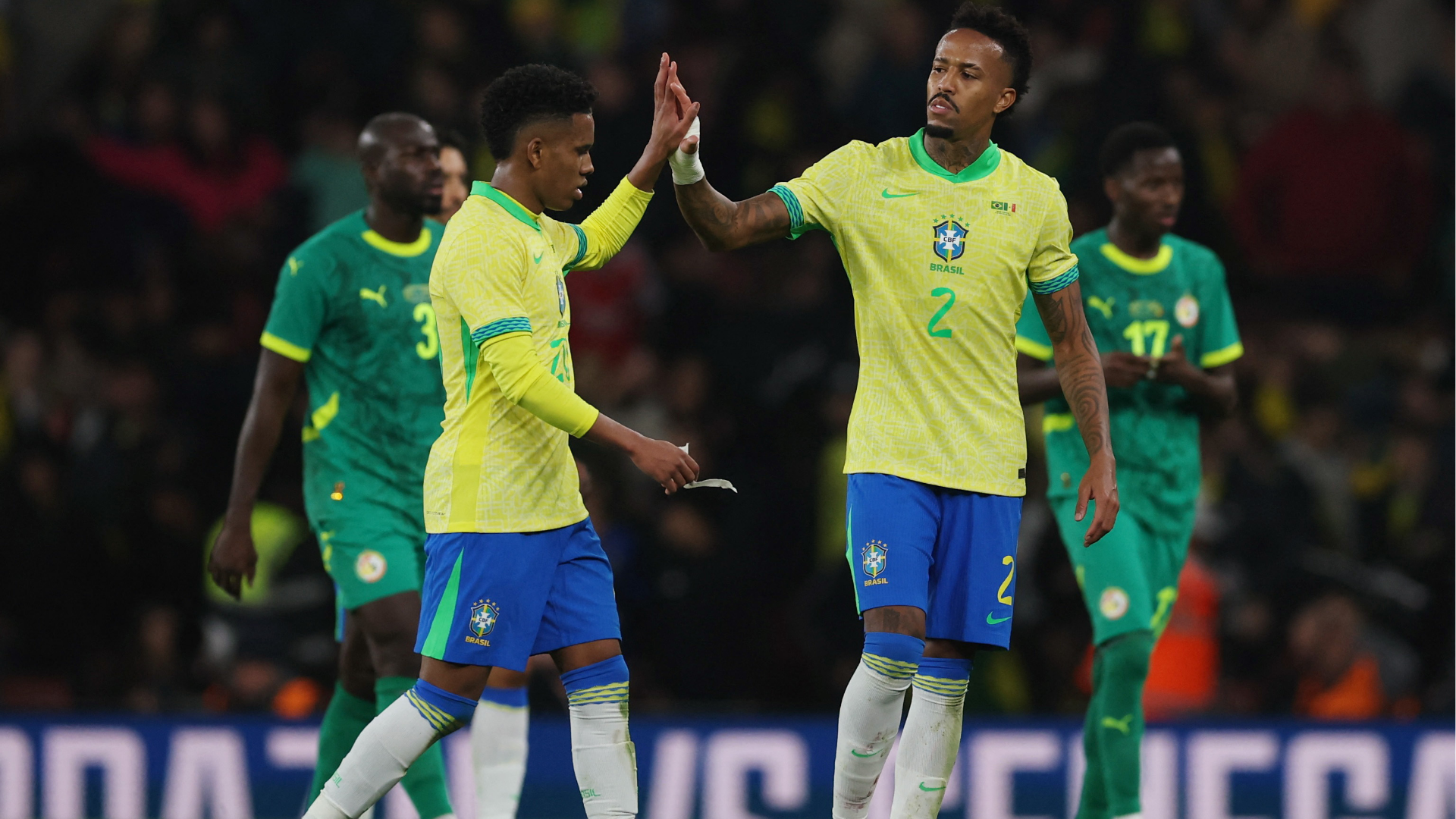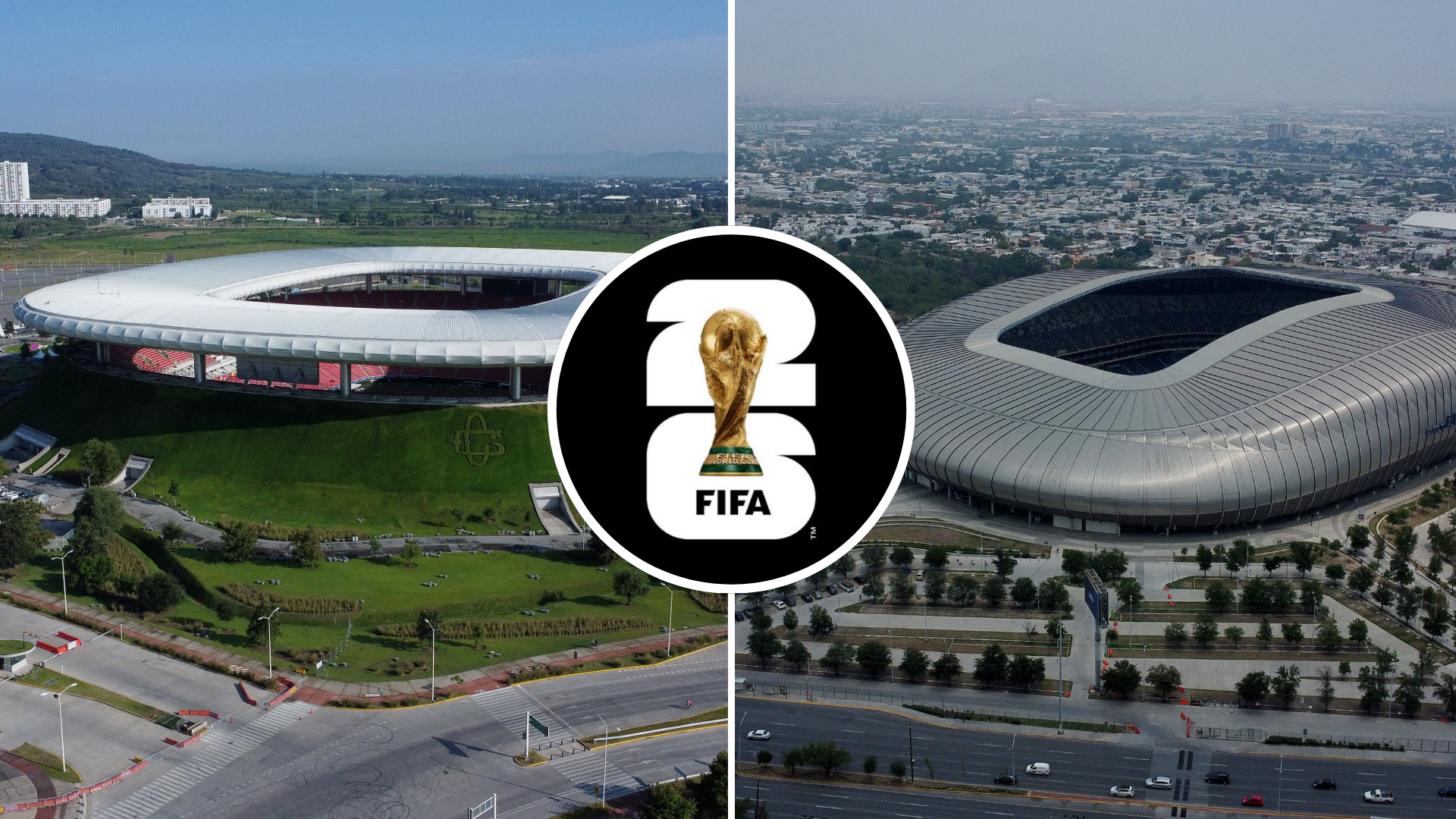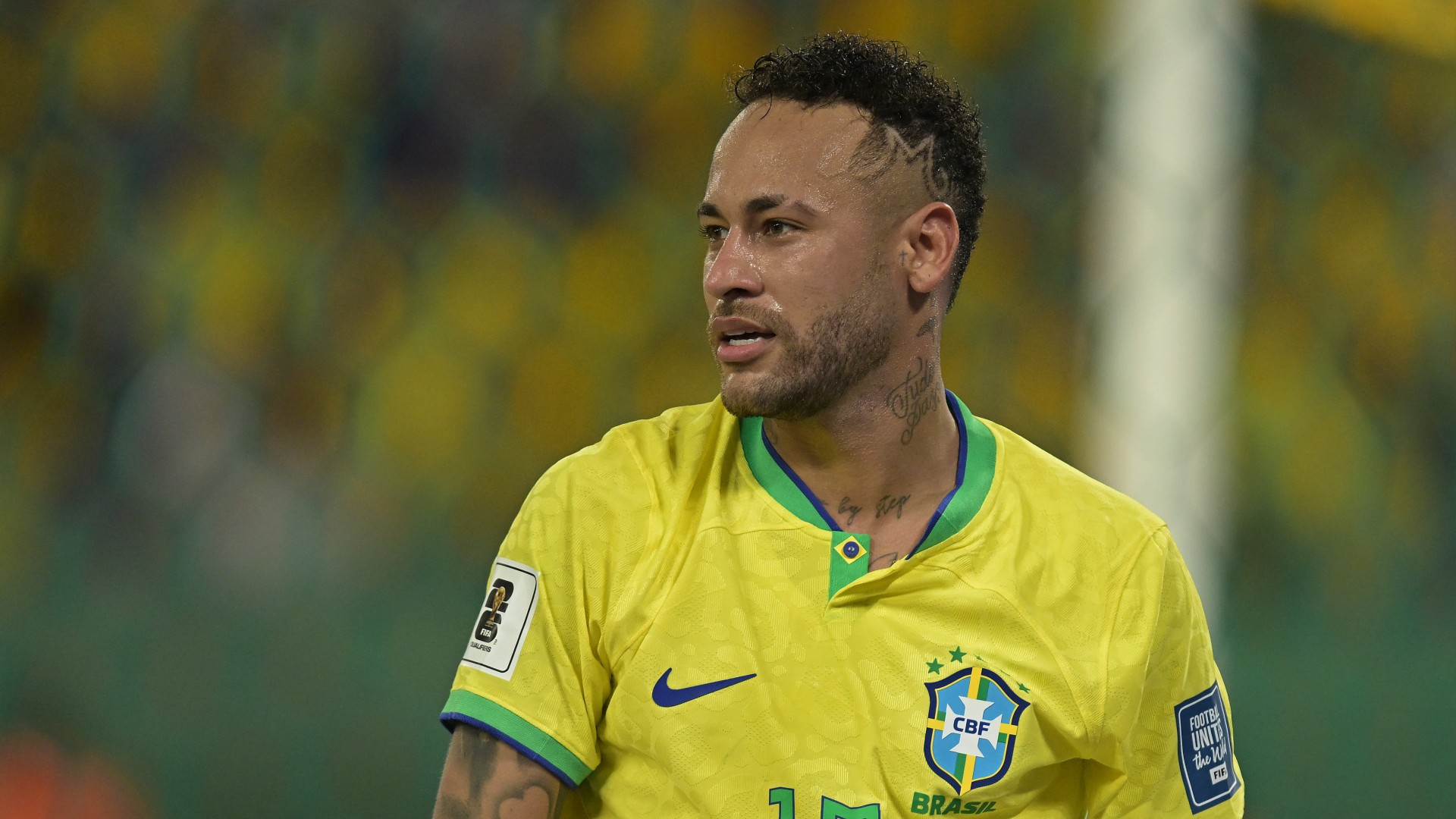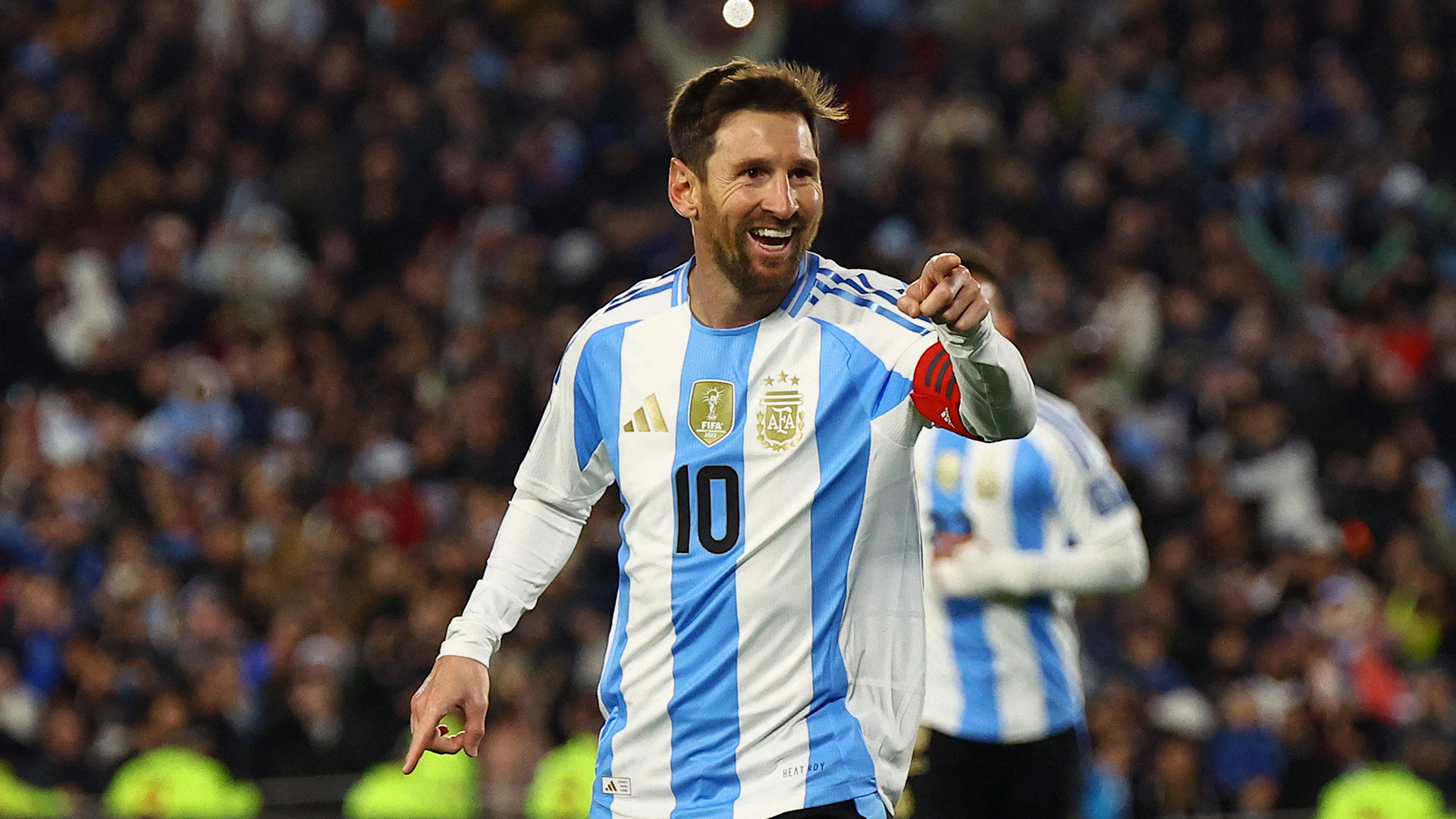When Was Italy’s Last World Cup Appearance?
Italy, four-time world champion, has spent nearly a decade living a reality once unthinkable for such a historic powerhouse: the Azzurri have missed the last two World Cups.
To find their most recent appearance, you have to go all the way back to Brazil 2014—the tournament that marked the beginning of their modern crisis.
Brazil 2014: The World Cup That Triggered the Alarm
The last time Italy stepped onto the World Cup stage, it ended in the worst possible way: eliminated in the group stage.
They shared a group with Uruguay, Costa Rica, and England—a sector that looked manageable on paper but became one of the tournament’s most chaotic surprises.
Italy started with hope, defeating England 2–1, inspired by flashes of Andrea Pirlo and a winning header from Mario Balotelli.
But things unraveled quickly:
- 0–1 vs Costa Rica, the tournament’s unexpected revelation.
- 0–1 vs Uruguay, remembered for Marchisio’s red card and Luis Suárez’s infamous bite on Giorgio Chiellini.
That collapse left Italy third in the group and painfully eliminated.
It was their second straight group-stage exit after South Africa 2010, but nobody imagined that the true fall was still to come.
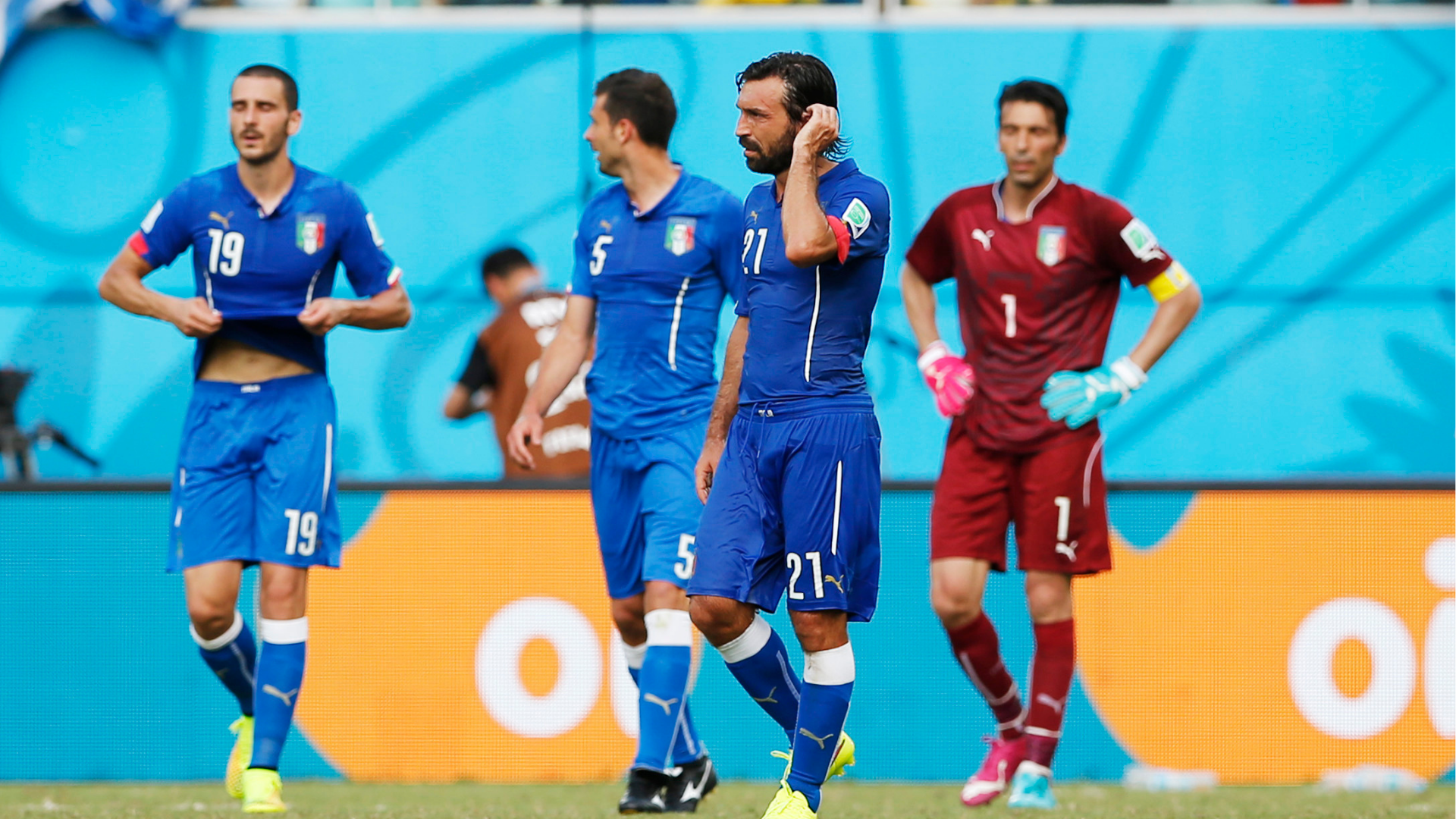
A Nightmare That Followed: 2018 and 2022
After Brazil 2014, Italy hit rock bottom:
- Failed to qualify for Russia 2018, losing the playoff against Sweden.
- Failed again for Qatar 2022, stunned by North Macedonia.
A national team once synonymous with structure, mentality, and competitiveness suddenly became the most shocking absentee on the world stage.
For a country that breathes calcio, watching two World Cups from home was a generational wound.
Ten Years Without a World Cup: A Need for Reconstruction
Brazil 2014 isn’t just a memory—it’s an open scar.
Italy has gone ten full years without playing a World Cup match, an unthinkable drought for a nation that lifted the trophy in 2006, produces elite European talent, and remains a cultural giant of the sport.
That lost decade explains today’s urgency: the playoff toward 2026 isn’t just another qualifying round—it’s a battle to recover identity, prestige, and history.










